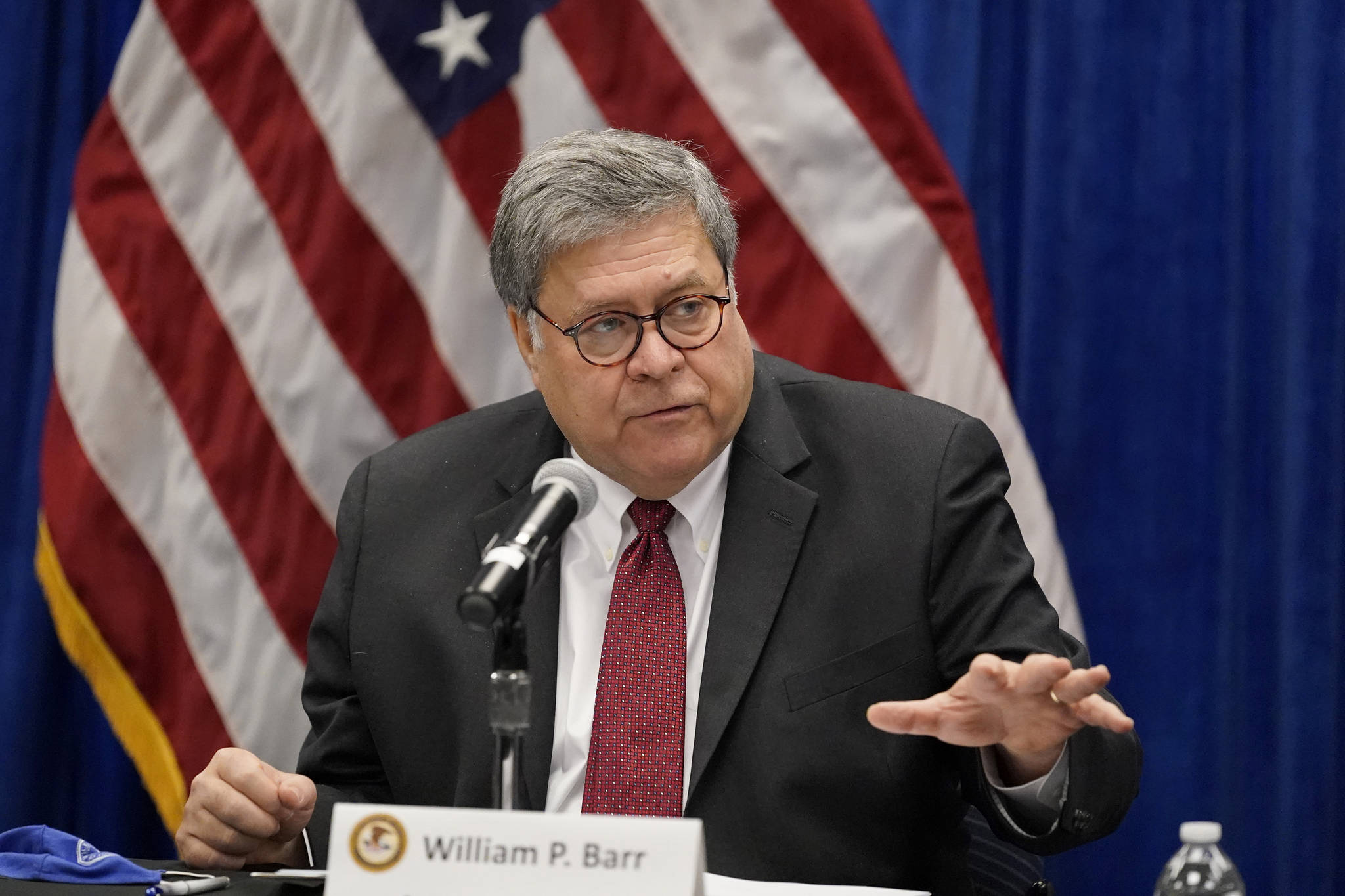Alaska’s public safety crisis, particularly in its rural villages, isn’t news to people living there.
But with Attorney General William Barr’s 2019 declaration of a law enforcement emergency across the state, plans are being drawn and rethought to attack that problem. This year’s Alaska Federation of Natives Convention held a digital panel focusing on how Alaskans, working with partners, will help fix this massive and long-standing issue.
“Rural Alaska is experiencing the pandemic as well as a public safety crisis. We have to realize rural Alaska is experiencing a double emergency, one on top of each other,” said Vivian Korthuis, CEO of the Association of Village Council Presidents, during the panel. “In many regions in our villages across the state, it seems like we have one hand tied behind our back because of the public health crisis.”
[At AFN, Edgmon stresses need for Alaska Natives in government]
Korthuis pointed toward the Alaska Tribal Public Safety Empowerment Act, sponsored by Sen. Lisa Murskowski approximately a year ago and last referred to the Committee on Indian Affairs, as the way forward.
“We know this model works in health care delivery. We know it can work in public safety delivery,” Korthuis said. “We know each region is different in slightly different ways. But we’re the same in terms of values and relationships with our families.”
Korthuis said that three requirements need to be met to defeat the crisis: permanent direct noncompetitive base funding, the recognition of tribal government authority and expanding partnerships at the federal, state and tribal levels.
“My advice is to listen to the tribes and tribal organizations. We know what works in our villages. The ingredients for success have already been identified by the tribes,” Korthuis said. “We are not asking for anything less or anything more than any other community in the United States.”
Partnerships
A number of those partnering with Alaska’s tribes also affirmed their continuing support for the well-being and safety of its citizens.
“I believe the Department of Justice is here to serve every single citizen,” said Barr in a recorded address. “Asking for basic physical security is not too much to ask.”
U.S. Attorney Bryan Schroeder spoke, highlighting the work the Bureau of Indian Affairs had done in standing up its Missing and Murdered Indigenous Persons cold case office in Anchorage. The office, part of a task force seeking justice for Alaska Natives and Native Americans who suffer from much higher rates of violence and disappearance than the national average, is one of several offices opening as part of a nationwide federal effort, Schroeder said.
Schroeder also detailed the development of plans tribal authorities can base their own response plans off of in the case of missing or murdered tribal citizens. The plans are built for a number of scenarios, from rural communities with their own police departments to rural communities with no law enforcement presence at all. The DOJ is still seeking input to improve the models before more widespread distribution.
“If you have a missing or murdered person in your community, you can go to the plan,” Schroeder said. “We’re looking for partners to work with the working group to refine those models before wide dissemination.”
The FBI’s agent-in-charge for the Anchorage field office, Rob Britt, also spoke, highlighting the differences between Alaska and the Lower 48, the FBI’s readiness to assist in any way its remit allows and the specialist help they could offer.
“All agencies understand jurisdiction is complicated. We work together in the best interest of the people we serve,” Britt said. “Along with tech assistance, the FBI works with law enforcement agencies across the state to help deal with violent crime. We know collaboration is the key to making the most of our limited resources.”
• Contact reporter Michael S. Lockett at (757) 621-1197 or mlockett@juneauempire.com.

